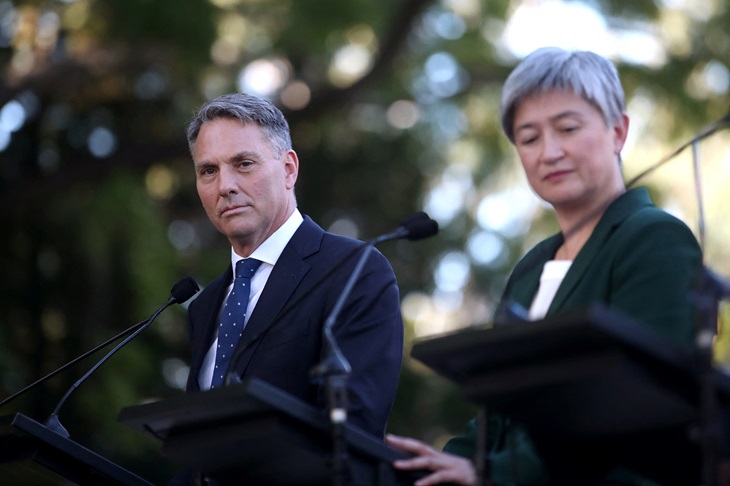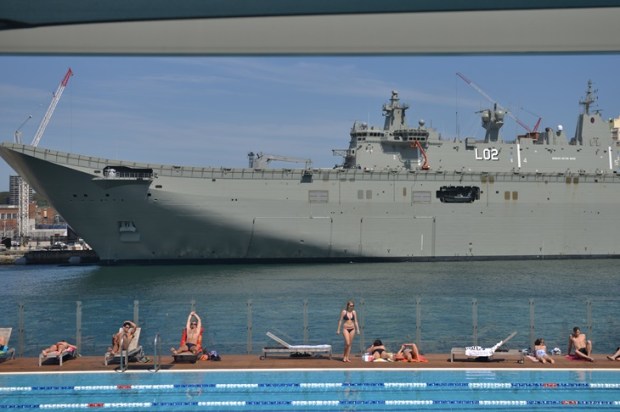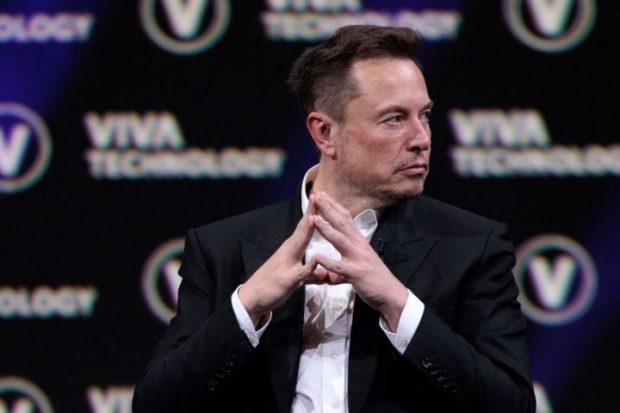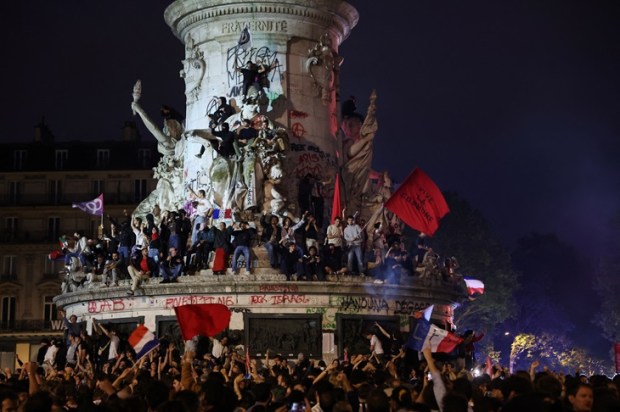The Australian Defence Force is a disaster at present… It is somewhat of a paper tiger with a proud and glorious history, incapable of posing a threat to our potential enemies even though we live in the most high-risk strategic environment of the last 70 years.
The Albanese Defence Review claimed to increase our defence capability, but always in the out years beyond the forward estimates where it plans to build ships and buy nuclear submarines.
Already a subscriber? Log in
Subscribe for just $2 a week
Try a month of The Spectator Australia absolutely free and without commitment. Not only that but – if you choose to continue – you’ll pay just $2 a week for your first year.
- Unlimited access to spectator.com.au and app
- The weekly edition on the Spectator Australia app
- Spectator podcasts and newsletters
- Full access to spectator.co.uk
Or


























Comments
Don't miss out
Join the conversation with other Spectator Australia readers. Subscribe to leave a comment.
SUBSCRIBEAlready a subscriber? Log in